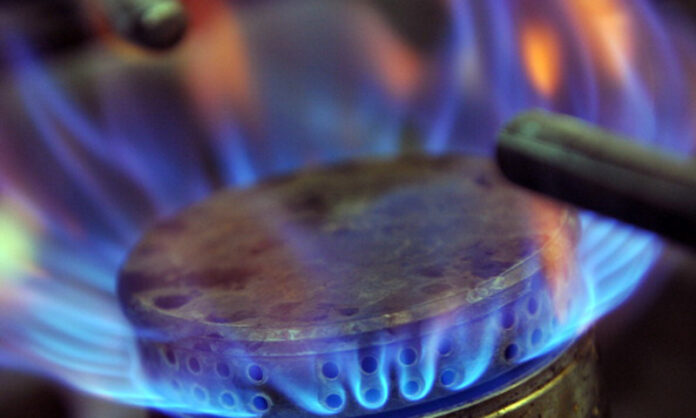Recently, the Petroleum Division has moved a summary to the Ministry of Finance suggesting about a 200% increase in the gas tariff. According to reports, the Power Division has proposed to increase the price of gas up to 172% for domestic consumers, and a gradual increase for other categories which ends up to 200% for commercial or industrial consumers across the country. It has been proposed to raise the fixed monthly charges from Rs10 to Rs400 for the protected customers, along with a phenomenal increase of varying degrees to all consumers. The petroleum division has suggested a Rs2,900 per MMBtu increase in the gas price for the cement sector; Rs950 per MMBtu hike for export industries; Rs1,400 per MMBtu hike for non-export industries; and Rs4,400 per MMBtu increase for the CNG sector. Currently, the Economic Coordination Committee (ECC) is the competent forum that will decide how much burden should be slapped on the masses which keeps them alive on their deathbeds.
Pakistan has been struck into the worst economic, security and administrative catastrophes which are the sole production of its leaders and institutions, while poor masses are easy prey to mete out the heavy burden of their incompetence and corruption. No other nation in Asia, Europe, Latin America or even Africa owes a dire situation like Pakistan that faces scarcity and skyrocketing inflation of each commodity of common use ranging from agri-products to oil, gas, and electricity, together with service charges, government taxes etc. In a nation, where the majority of the services are being provided by government entities, the public gets no relief as compared to the states where private giants provide utilities to the public and the government plays a mere regulatory role.
Earlier, the Oil and Gas Regulatory Authority (OGRA) increased the prices of LPG by Rs. 21 per KG for domestic and commercial consumers effective from October 1. Meanwhile, the OGRA proposed a 50% increase in the gas price of Sui Northern Gas Pipeline Limited prices and a 45 per cent price hike for Sui Southern Gas Company in June that was not implemented by the PDM government. What happened over the past few months, is that the cartel came up with almost four times higher rates after a three-month pause. The caretaker Minister for Energy told the newsmen that elevating gas rates before winter is essential to address the gas sector’s circular debt that mounts at Rs. 2.7 trillion. Is it a justification for an inhumane treatment of the public/ consumers? whether the government did not receive the gas bills from consumers which led to the bulk of circular debt of the gas sector. Whether the government did not receive Fuel Price Adjustment during the past months? if all those answers are negative. Then the government, the OGRA, the Finance Ministry, the Power Division and all others concerned must mull over their internal issues, lines losses, gas theft, over employment and corruption of staff, hefty payments and colossal emoluments of the bureaucrats serving in Gas distribution companies along with initiating an accountability drive within the departments to make them competitive. The poor masses must not be penalized for the sin of being Pakistanis and consumers of state-owned enterprises.
Historically, Pakistani businesses, industry, export sector and even agriculture have collapsed due to the cruel power management of WAPDA and KE, coupled with brutal price hikes and taxation of the government. If the country is dependent on foreign purchases from vegetables to oil, gas and electricity, then what is the use of massive setups like OGRA, NEPRA, Power Purchasing Council, Power Division and others? Apparently, the prudent bureaucrats have moved the case for 200% price hikes to get at least half of it. That will not only provide a higher edge to unelected leaders but also make ground for future burglary against this nation. As of now, the government has no grounds for an increase in gas prices as the rupee has gained ground against the US dollar in the past weeks and any increase in the global market can easily meet the previous rates in the country. Therefore, the interim rulers’ must resist a fresh butcher’ work with poor masses whose’ backs ‘are already fractured due to the high cost of living in the country.







